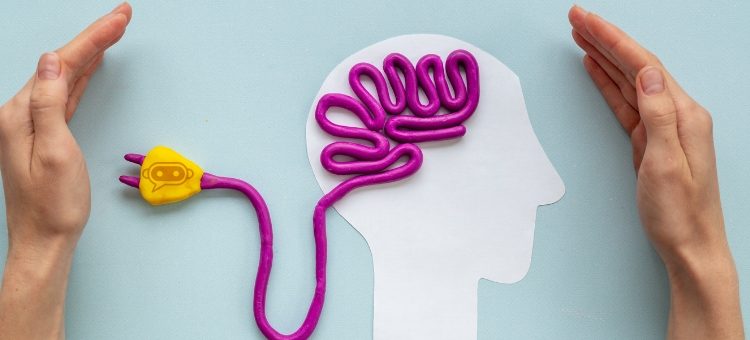Implementing Chatbots for Mental Health Support

With an increasing number of people seeking help for mental health issues, the demand for accessible, immediate, and confidential support is higher than ever.
One promising solution is the use of chatbots in healthcare. In this article, we’ll explore the role of chatbots in providing mental health support, their benefits, challenges, and the future of this innovative technology.
Understanding the Role of Chatbots in Mental Health
What Are Chatbots in Mental Health?
Chatbots are AI-powered tools designed to interact with users in real-time, providing responses based on pre-programmed algorithms or machine learning models.
In the mental health space, chatbots can range from simple rule-based systems that provide scripted responses to more advanced AI-driven bots capable of understanding natural language and offering emotional support.
These chatbots are integrated into various platforms, such as mobile apps, websites, and messaging services, to provide a convenient and confidential medium for individuals to seek mental health advice and resources.
How Chatbots Help in Mental Health Support
Chatbots serve as a bridge between traditional mental health services and patients who may face barriers such as long wait times, geographical limitations, or social stigma. Here’s how they can assist:
- Immediate Assistance: Chatbots are available 24/7, providing users with instant responses and emotional support whenever they need it.
- Emotional Support: AI chatbots are equipped with emotional intelligence, allowing them to engage in conversations that provide comfort, active listening, and coping strategies.
- Guided Resources: Chatbots can recommend mental health resources, mindfulness exercises, or coping mechanisms tailored to a user’s current emotional state.
By making mental health support more accessible and responsive, chatbots have the potential to transform the way we approach mental well-being.
How to Implement Chatbots for Mental Health Support
Step 1: Define the Objectives and Scope of the Chatbot
Before implementing a chatbot, it’s essential to define its purpose. Will the chatbot provide general support, monitor mental health symptoms, or offer crisis intervention? Understanding the specific objectives will help guide the design and functionality of the chatbot.
Step 2: Select the Right Technology and Platform
Choosing the right technology is key to creating an effective chatbot. AI-powered chatbots that use natural language processing (NLP) are better equipped to understand and respond to users in a human-like manner. Consider platforms that allow easy integration with existing mental health services, such as telehealth systems, mobile apps, or messaging services.
Step 3: Ensure Continuous Monitoring and Updates
To maintain the chatbot’s effectiveness, continuous monitoring is necessary. It’s important to regularly update the chatbot’s database with new information, coping mechanisms, and therapeutic strategies. By continuously improving the chatbot’s response accuracy, it can provide more personalized and effective support over time.
Step 4: Promote User Awareness and Adoption
Even the best chatbot will not be effective if users are unaware of it. Promoting awareness through marketing campaigns, integrating the chatbot into existing mental health services, and educating users on its capabilities can help ensure that it reaches the people who need it most.
Final Thoughts
Implementing chatbots for mental health support offers numerous benefits, from providing 24/7 access to mental health resources to reducing the burden on healthcare professionals. However, it’s crucial to address challenges such as emotional intelligence limitations and data privacy concerns.
As AI technology continues to improve, the future of chatbots in mental health looks promising, with more personalized and empathetic interactions on the horizon.








